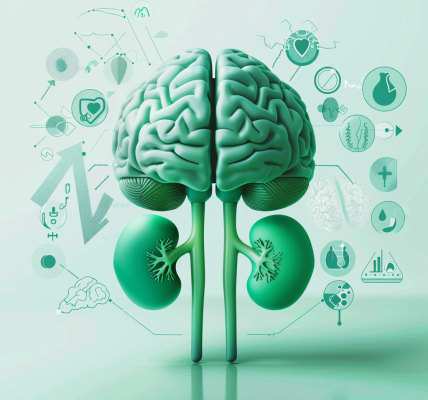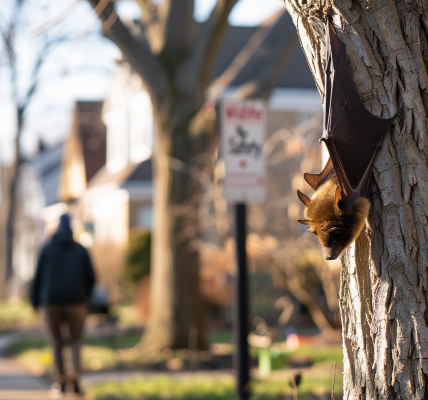Tuberculosis, one of the world’s most deadly infectious diseases, has faced a significant setback in its eradication efforts due to the impact of the Covid-19 pandemic. Scientists have noted that the pandemic has reversed two decades of progress in the fight against TB, and it is estimated that it will take at least five years to recover from this setback.
When the Covid-19 pandemic emerged, global attention and resources were swiftly directed towards combating it, leading to substantial investments in the development of new drugs and vaccines. In contrast, TB, which has persisted for centuries, has received comparatively little attention, with many people in the developed world remaining largely unaware of its impact.
However, the rising case numbers of TB globally have prompted a renewed push for action. In 2021, global deaths from TB increased for the first time in almost a decade, claiming 1.5 million lives, up from 1.4 million in 2020 and 1.2 million in 2019. The pandemic-induced lockdowns, disruptions in healthcare, and the redirection of resources have hampered active case finding, diagnosis, and treatment, leading to a reversal of gains made in recent years.
It is important to note that TB is a preventable and usually curable disease, yet it remains staggeringly widespread, with almost one-quarter of the world’s population infected with the TB bacteria. Many individuals infected with TB are unaware of their condition as they do not experience symptoms, which include cough, fever, fatigue, and weight loss. Despite being preventable and curable, TB has claimed more than a billion lives over the last two centuries.
The global campaign to eliminate TB dates back to 1882 when German physician Robert Koch provided evidence that TB is caused by the bacterium Mycobacterium tuberculosis (Mtb). Despite national public health campaigns in the 1900s and the declaration of a global health emergency by the World Health Organization (WHO) in 1993, the fight against TB gained further momentum in 2014 with the launch of the post-2015 End TB Strategy in support of the Sustainable Development Goals, aiming for a 95% reduction in TB deaths by 2035.





